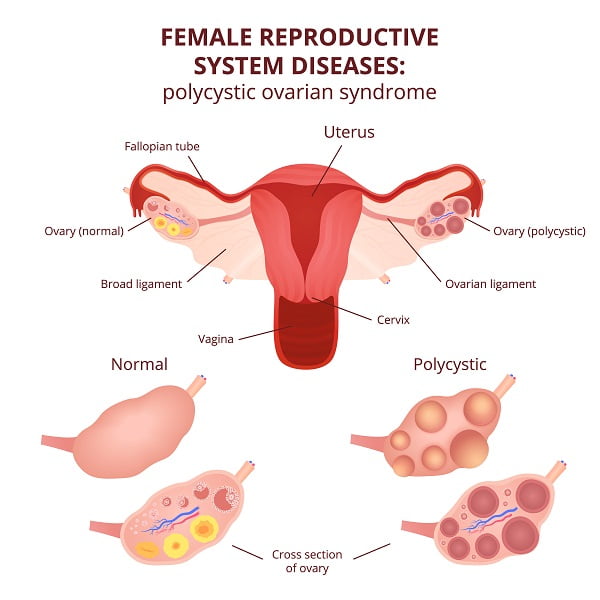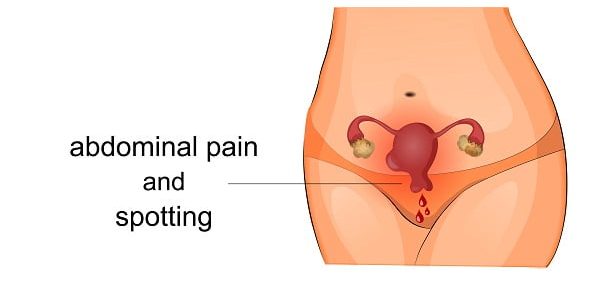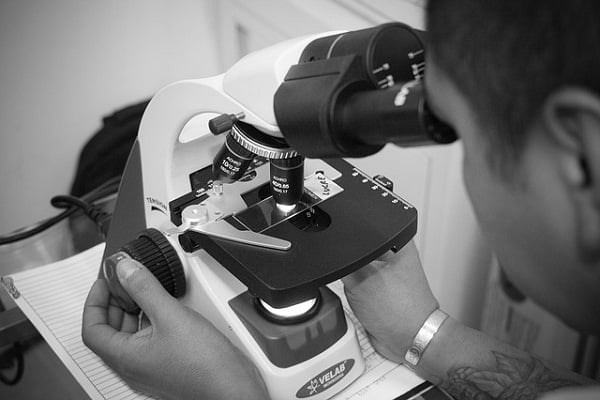Browsing: Women Health

The page provides quick access to a list of common diseases, syndromes, health conditions, and other topics of health importance pertaining to women’s health. The list is organized alphabetically. Links are provided to respective diseases sections that serve as a comprehensive and ultimate guide about the disease or health condition.
A gynecological disorder involves damage or risk to any female reproduction organ, which includes the abdominal and pelvic area, i.e., ovaries, uterus, fallopian tubes, vagina, vulva and breasts. Some of these disorders can even affect the proper functioning of the reproductive system and may create difficulty during pregnancy or child birth.
Healthcare professionals believe that every woman may suffer from one or another type of gynecological condition at some point in their life. In the past few years, the incidence of few gynecological disorders has sternly increased such as endometriosis, uterine fibroids and breast cancer. They have not only affected adult women, but teenage girls also have shown high incidence of certain gynecological diseases.
From puberty till menopause, a woman’s reproductive organs are continuously changing due to sexual activity, pregnancy and aging. These changes occur due to variation in hormonal levels in the body. An injury or a disease can also affect your reproductive system, leading to a gynecological disorder.
Common gynecological disorders include dysmenorrhea, vulvodynia, chronic pelvic pain, breast cancer, polycystic ovary syndrome, endometriosis, uterine fibroids, vaginitis and menstrual cramps.
What Is PCOS (Polycystic Ovary Syndrome)?
Polycystic ovary syndrome (PCOS) is a common hormonal disorder in women. It occurs generally in women between the ages of 18-44 years. It is estimated that about 2-20% of women of reproductive age suffer with this disease. It is considered one of the leading causes of infertility in women.
There is no cure for polycystic ovary syndrome (PCOS) but the symptoms can be managed. Treatment options vary from person to person because of the wide range of symptoms that may differ among patients. Overweight and obese women are at higher risk of developing the disease and related long-term health complications.
Complications and Signs and Symptoms of Uterine Fibroids
Most women develop uterine fibroids at some time in their life but they do not cause any problem to them. In some women, uterine fibroids may manifest as mild or no symptoms. In some cases, the symptoms can extend slowly and progressively over many years or rapidly over a few months. This requires treatment.
All About Menstruation (Period): Normal Menstruation Cycle, Painful and Absence
What is menstruation? Why do periods occur? Menstruation is defined as a vaginal bleeding which occurs every month in females.…
Dysmenorrhea (Menstrual Cramps): Causes, Symptoms, Diagnosis, Treatment
Dysmenorrhoea is the medical term for pain associated with menstruation (periods). It is also known as menstrual cramps and is the most commonly reported menstrual disorder. More than one half of women who menstruate have some pain for 1-2 days each month.
Preeclampsia: The New Unknowns Scientists Are Looking For
What is preeclampsia? Preeclampsia is considered to be a risky complication that occurs during pregnancy. If not taken seriously, it…









